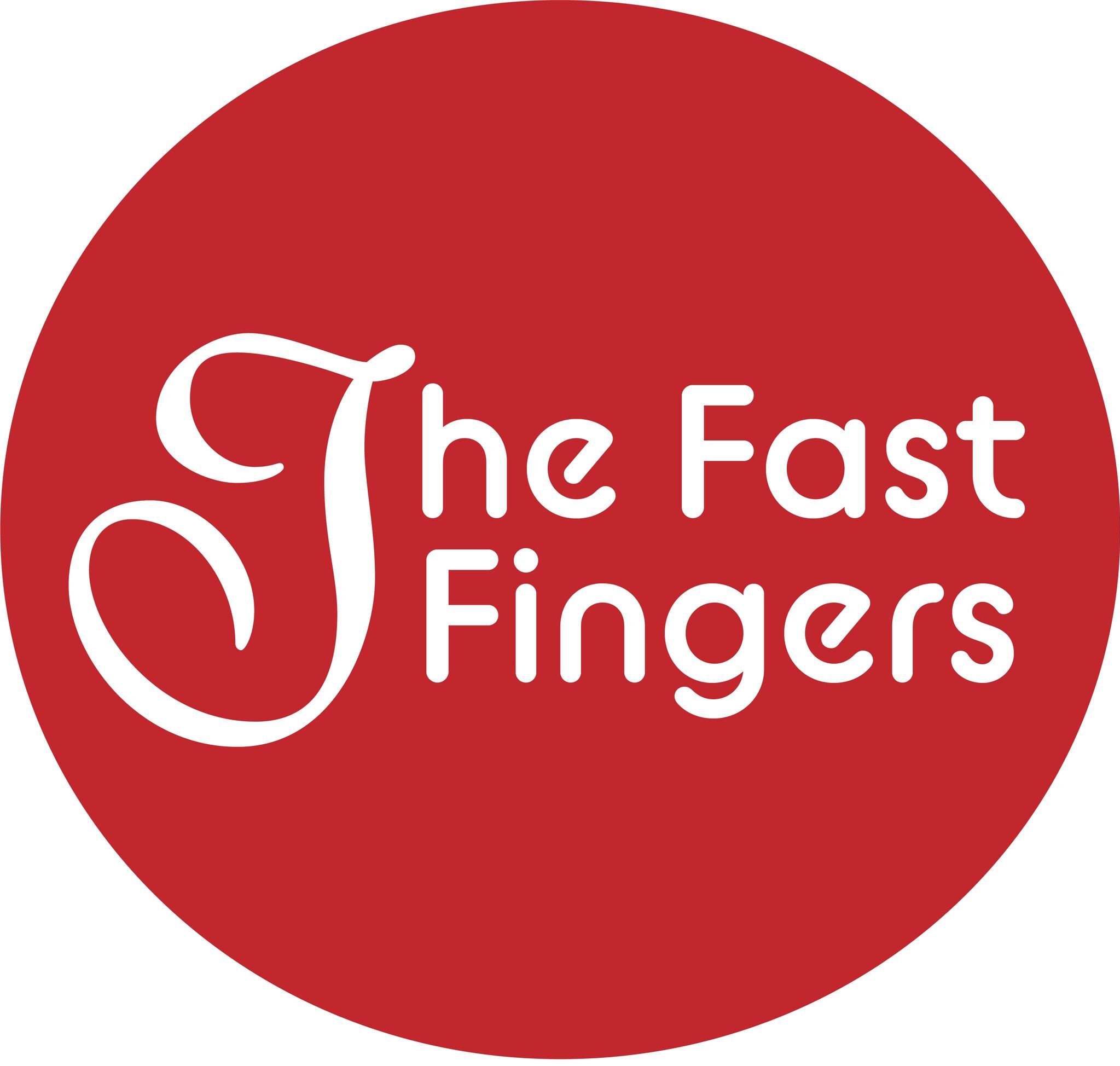
A combination of factors typically characterizes a best-selling book, and while there is no single formula for success, the following elements often play a significant role in making a book a best-seller:
- Compelling Content: The book must have a captivating and engaging storyline or subject matter that resonates with a broad audience. It should evoke emotion, curiosity, or a desire for knowledge.
- Strong Writing: High-quality writing is essential. This includes well-crafted prose, effective storytelling, and an engaging writing style that keeps readers turning the pages.
- Effective Marketing and Promotion: Successful marketing strategies, which may involve advertising, social media promotion, book tours, and author interviews, can greatly boost a book’s visibility and sales.
- Author Platform: Authors with established platforms, such as a strong online presence, a dedicated fan base, or a recognized expertise in their field, often have an advantage in reaching a wider audience.
- Timing: The timing of the book’s release can impact its success. Timely and relevant topics or themes tend to attract more attention.
- Positive Reviews and Word of Mouth: Positive reviews from critics and readers, as well as word-of-mouth recommendations, can significantly impact a book’s popularity and sales.
- Publisher Support: Having a reputable publisher with effective distribution and marketing resources can make a substantial difference in a book’s sales potential.
- Adaptations: Successful books are sometimes adapted into movies or TV series, which can further boost their popularity and sales. Awards and Recognition: Winning literary awards or receiving critical acclaim can increase a book’s visibility and credibility.
- Reader Engagement: Books that encourage reader engagement, discussion, and book club participation can generate more buzz and higher sales.
- Accessibility: The book should be widely available in multiple formats (print, e-book, audiobook) and through various distribution channels to reach a broad readership.
- Targeted Audience: Identifying and appealing to a specific target audience can be crucial. Understanding who the book is meant for can help tailor marketing efforts.
A best-selling book is a literary work that achieves a significant level of success in terms of sales and popularity. It is a book that captures the attention of a wide audience and consistently ranks among the top-selling titles in its category or genre.
It’s important to note that while these factors contribute to a book’s potential success, there are no guarantees in the publishing industry. Many factors, including market trends, luck, and timing, can influence a book’s trajectory. Ultimately, the quality of the writing and the book’s ability to connect with readers remain at the core of what makes a best-seller.
Where do I market my book?
Marketing your book effectively involves reaching your target audience through various channels and strategies. Here are some key places and methods to consider when marketing your book:
Online Platforms:
- Author Website: Create a professional website or blog where you can promote your book, share your journey, and engage with your readers.
- Social Media: Utilize platforms like Facebook, Twitter, Instagram, and LinkedIn to connect with your audience. Share content related to your book, engage in conversations, and build a following.
- Goodreads: Join Goodreads and create an author profile. Participate in discussions, interact with readers, and promote your book.
Book Retailers:
- Ensure your book is listed on Amazon, Barnes & Noble, and other major online retailers. Optimize your book’s listing with a compelling book description and eye-catching cover.
Book Promotion Websites:
- Consider using platforms like BookBub, Book Promotion Sites, and Book Launch to promote your book to a wide audience of readers.
Book Reviewers and Bloggers:
- Send review copies of your book to book bloggers, reviewers, and influencers in your genre. Positive reviews and mentions can generate buzz.
Email Marketing:
- Build an email list of interested readers and use it to share news, updates, and exclusive content related to your book.
Book Clubs and Reading Groups:
- Reach out to book clubs and reading groups that focus on your genre and offer to provide discussion questions or participate in virtual discussions.
Local Bookstores:
- Approach local bookstores and libraries to see if they’re interested in hosting book signings or readings.
Literary Events and Conferences:
- Attend relevant literary events and conferences. These are excellent opportunities to network with fellow authors and connect with potential readers.
Press Releases:
- Send out press releases to local and industry-specific media outlets to generate interest in your book.
Paid Advertising:
- Consider paid advertising on platforms like Facebook, Instagram, Google Ads, or Amazon Advertising to reach a broader audience. Target your ads to reach readers interested in your genre.
Book Fairs:
- Participate in book fairs or author events, both physical and virtual, to showcase your book.
- Author Interviews and Podcasts: Seek opportunities to be a guest on podcasts, radio shows, or author interview platforms. Share your story and insights.
- Book Trailers and Visual Content: Create a book trailer or visually engaging content to share on social media and video-sharing platforms like YouTube.
- Collaboration and Cross-Promotion: Partner with other authors or content creators in your genre for cross-promotion. Collaborative efforts can expand your reach.
- Author Newsletters: Connect with other authors in your genre and participate in newsletter swaps, where you share each other’s work with your respective audiences.
- Book Giveaways and Contests: Run giveaways and contests to generate excitement and engage your readers.
Remember that effective marketing often involves a combination of these strategies, tailored to your specific target audience and book genre. Continuously engage with your readers, be responsive, and adapt your marketing efforts based on what works best for your book’s promotion. Building a strong online presence and a loyal readership takes time, so be patient and persistent in your marketing efforts.
